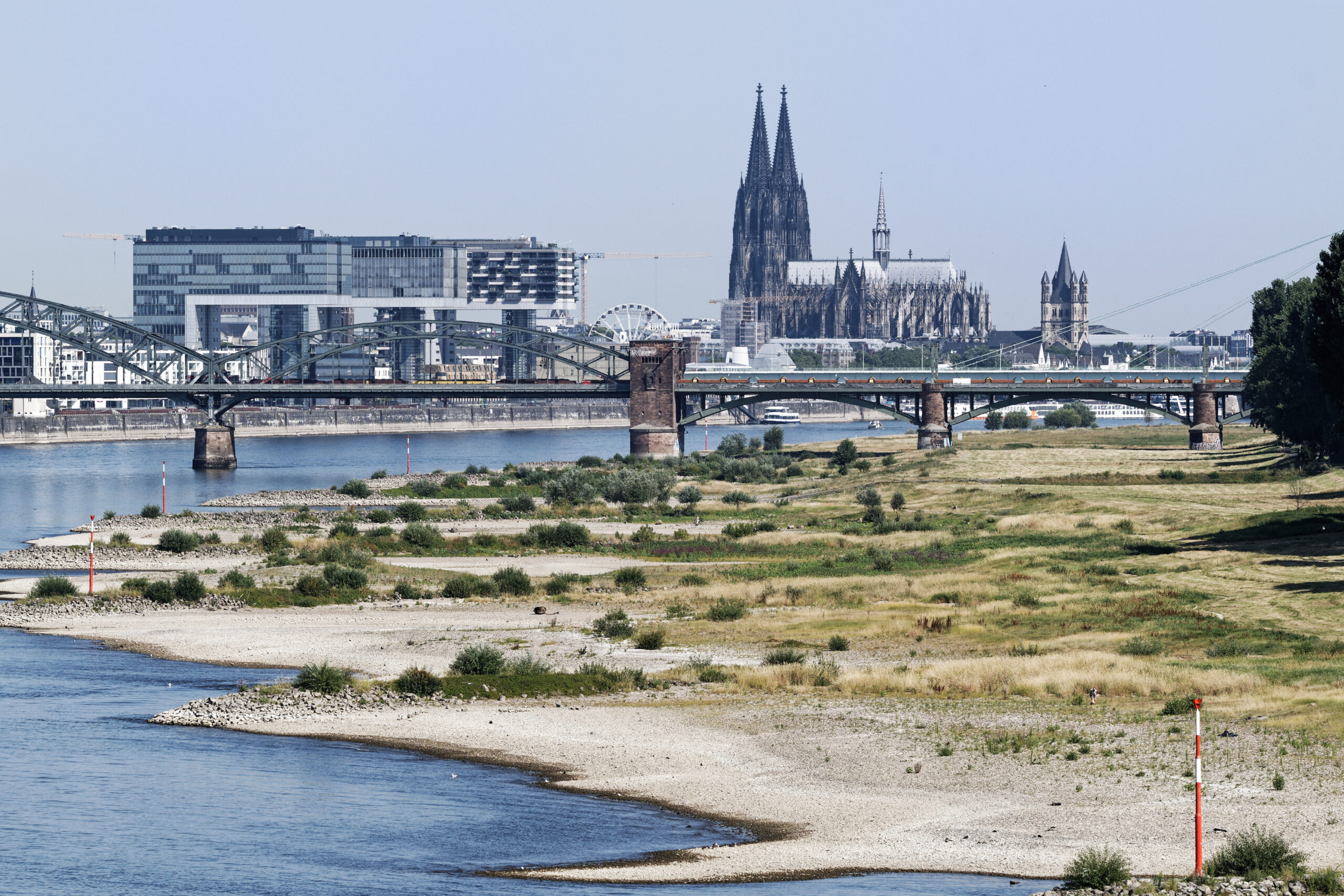The expanding and worsening crisis fuelled by prolonged periods of intense heat is raising concerns about the disaster recovery situation. Experts have sounded the alarm on the large-scale economic damage caused by Europe’s worst drought in 500 years. Climate change dynamics and its modelling tendencies are increasing the risk of droughts, placing additional burden on producers, contributing to food price inflation for consumers, and impacting people’s livelihoods
The worst drought in centuries
According to analysis by EU experts, 47% of Europe is under warning while 17% has been classed in the red alert category, higher than the rates reported in July. In its latest report, the European Commission’s Joint Research Centre listed the countries most affected by the devastating blows from nature. At the top of this list are Italy, Spain, Portugal, France, and Germany.
Fig.1. Drought in Europe. August 2022
Source: Drought in Europe August 2022, GDO Analytical Report
Italy’s farmers are battling with record-high temperatures and the worst drought in decades. In the north of the country, there has been no significant rainfall for months. If the reduced quantities of this years’ snowfall (down 70%) are also taken into account, the picture becomes even more worrying. Consequently, rivers such as the Po are at the highest level of drought severity.
On the verge of water capacity
From May onwards this year, Spain has been experiencing the hottest and driest months since 1950. For the first time in the millennium, Spain’s water reserves are below 40%. Due to the situation brought about by the drought, more than 9 million hectares are at risk of desertification.
In spite of its own struggle with the crisis inflicted by intense drought, Spain is offering almost 500 hectometers of water to Portugal.
Facing extreme drought following the heatwaves over recent months, Portugal is considering increasing water prices, suspending street cleaning, and watering in public parks and gardens. The status of water storage for irrigation is worsening as 10 out of the 61 dams are below 20% of their capacity, according to the Portuguese Environment Minister.
Slightly encouraging forecasts
Sporadic recovery has been noticed in the Czech Republic, Austria, and certain regions belonging to France, and normal rainfall levels are expected between August and October. Unfortunately, this may not be sufficient to ensure a full recovery from the devastating situation caused by this year’s drought.
Continent’s rivers are evaporating

Europe’s intense drought amid the grip of climate change is disrupting waterways and shipping routes causing tremendous economic impact, jeopardizing agriculture, energy supplies, food and even drinking water. Rivers that are drying up threaten the global movement of chemicals, fuel, and other commodities. Trade on Europe’s rivers is critical to commerce contributing about $80 billion to the region’s economy. Record low water levels on the River Rhine in Germany, Europe’s busiest waterway, have led policymakers to propose a Low Water Action Plan. According to experts, due to climate change challenges, adjusting to low water levels will eventually become a reality.
Alarming cost of living crisis
Looking at the international picture, forecasts indicate an increasing cost of living crisis. This summer’s baking temperatures will lead to food price inflation for consumers and harsher conditions for producers. People will be less able to afford food. Another variable that is shaping the new realities is the Russian invasion of Ukraine which is disrupting supply chains and endangering food security in the region. Another important driver of the cost of living crisis is the escalating prices in the energy sector that is being experienced by every European country. Europe is working on support packages and crisis management situations to overcome the next “five or ten winters that will be difficult” according to the Belgian Prime Minister, Alexander De Croo.
Inflation rates in Europe are expected to increase in the forthcoming period and exceed the US figures. Oxford Economics claims that “the global economic growth prospects have been worsening further during the last month, making next year’s forecast growth the lowest outside a recession year since 2008.”

